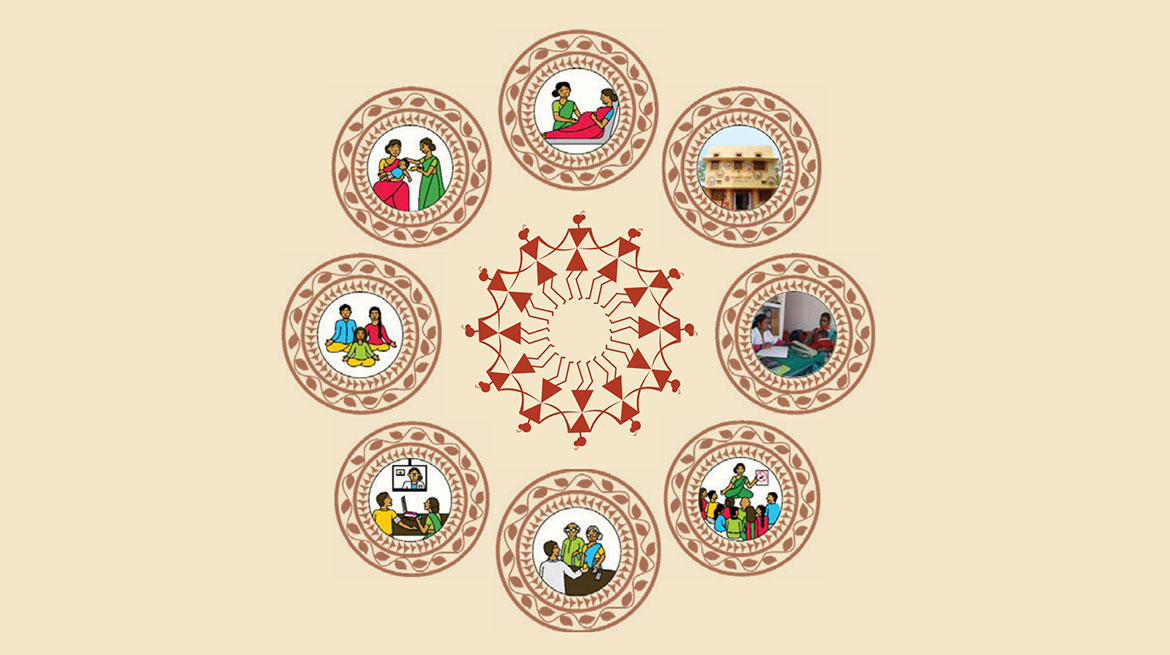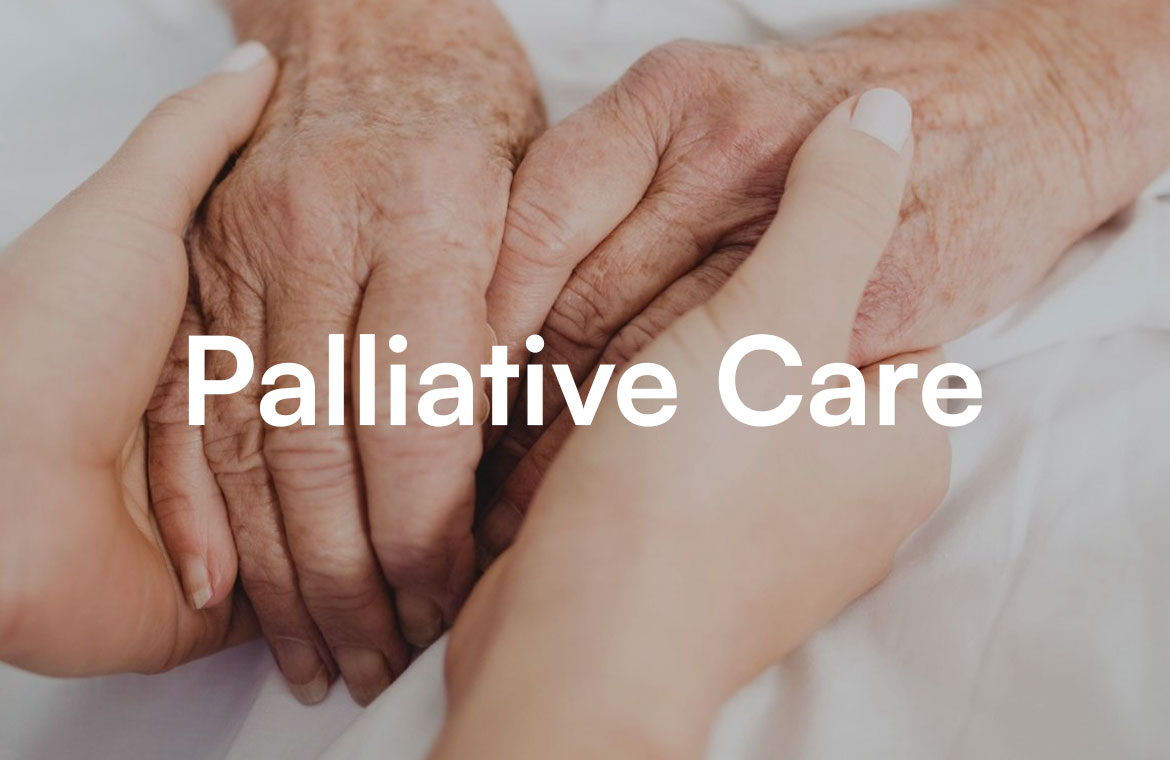In a nation as vast and diverse as India, ensuring access to quality healthcare for all citizens has long been a formidable challenge. Historically, the healthcare system has been characterized by disparities in access, limited coverage, and a predominant focus on curative rather than preventive care. However, with the introduction of Ayushman Arogya Mandir, India has taken a significant step towards transforming its healthcare landscape by shifting from a selective approach to a comprehensive model that encompasses preventive, promotive, curative, rehabilitative, and palliative care.
The concept of Ayushman Arogya Mandir represents a paradigm shift in healthcare delivery, aiming to provide a comprehensive range of services that address the holistic health needs of individuals and communities. Central to this approach is the establishment of 1,50,000 Ayushman Arogya Mandirs across the country, which serve as hubs for delivering Comprehensive Primary Health Care (CPHC) free of charge to users. Unlike traditional healthcare facilities that focus primarily on treating illnesses, Ayushman Arogya Mandirs place a strong emphasis on wellness and preventive care, with the aim of promoting healthy behaviors and lifestyles from an early age.
One of the key features of Ayushman Arogya Mandirs is their proximity to the community, ensuring that healthcare services are easily accessible to all segments of the population, particularly those residing in rural and remote areas. By bringing healthcare closer to the people, these mandirs help overcome geographical barriers and reduce the burden of travel and transportation costs, thereby improving health outcomes and enhancing overall well-being.
The scope of services offered by Ayushman Arogya Mandirs extends far beyond basic healthcare needs, encompassing a wide range of preventive, promotive, and curative interventions. In addition to maternal and child health services, which have traditionally been the focus of primary healthcare programs, Ayushman Arogya Mandirs also provide care for non-communicable diseases (NCDs) such as diabetes, hypertension, and cardiovascular disorders. Recognizing the growing burden of NCDs in India, these mandirs play a crucial role in early detection, management, and prevention of these conditions through regular screenings, lifestyle counseling, and management protocols.
Furthermore, Ayushman Arogya Mandirs offer palliative and rehabilitative care to individuals with chronic illnesses or disabilities, ensuring that they receive comprehensive support to improve their quality of life and maximize their functional abilities. This includes access to physiotherapy, occupational therapy, speech therapy, and other rehabilitative services, as well as pain management and psychosocial support for patients with terminal illnesses or life-limiting conditions.
Another noteworthy aspect of Ayushman Arogya Mandirs is their focus on holistic health, which encompasses not only physical well-being but also mental, emotional, and social health. In addition to providing medical care, these mandirs offer counseling and psychotherapy services to address mental health issues such as depression, anxiety, and stress. By integrating mental health into primary healthcare settings, Ayushman Arogya Mandirs help reduce the stigma associated with mental illness and promote early intervention and treatment.
Moreover, Ayushman Arogya Mandirs provide first-level care for emergencies and trauma, ensuring timely and appropriate management of acute health crises. Equipped with basic medical supplies, emergency medications, and trained healthcare personnel, these mandirs play a critical role in stabilizing patients before they are referred to higher-level facilities for further evaluation and treatment. This not only saves lives but also reduces the burden on tertiary care hospitals and emergency departments, thus improving overall healthcare efficiency and effectiveness.
In addition to the provision of healthcare services, Ayushman Arogya Mandirs also focus on health promotion and disease prevention through community engagement and education initiatives. By raising awareness about healthy lifestyles, preventive measures, and the importance of regular health check-ups, these mandirs empower individuals to take control of their health and well-being. This includes promoting vaccination campaigns, conducting health camps, and organizing health education sessions on topics such as nutrition, sanitation, hygiene, and family planning.
Furthermore, Ayushman Arogya Mandirs leverage technology and innovation to enhance healthcare delivery and improve patient outcomes. This includes the use of electronic health records (EHRs) to maintain comprehensive medical records, telemedicine platforms to facilitate remote consultations and follow-ups, and mobile health applications to provide health information and support services. By harnessing the power of digital health, these mandirs overcome barriers of distance and accessibility, thereby expanding access to healthcare services and improving health equity.
In conclusion, Ayushman Arogya Mandir represents a pioneering initiative that seeks to revolutionize healthcare delivery in India by providing comprehensive, accessible, and affordable services to all segments of the population. Through its focus on preventive, promotive, curative, rehabilitative, and palliative care, these mandirs address the holistic health needs of individuals and communities, thereby contributing to the overall health and well-being of the nation. As India continues on its path towards achieving universal health coverage, Ayushman Arogya Mandirs serve as beacons of hope and healing, ensuring that no one is left behind in the journey towards health and prosperity.





Very much precise and contemporary; packed in an easy to digest and assimilate language, if the crux of the said blog is believed to be true in coming time, I must say India Would witness paradigm shift in Healthcare in true sense